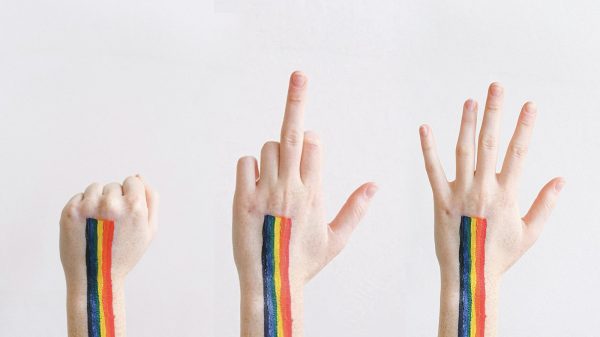Cannabis products high in the nonintoxicating compound CBD can quell anxiety better than THC-dominant products— and without the potential side effects.
This is according to a study – “Acute and Extended Anxiolytic Effects of Cannabidiol in Cannabis Flower: A Quasi-Experimental ad libitum Use Study” by L. Cinnamon Bidwell, Renée Martin-Willett, Carillon Skrzynski, Jonathon Lisano, Marco Ortiz Torres, Gregory Giordano, Kent E. Hutchison, and Angela D. Bryan – that was published in the journal Cannabis and Cannabinoid Research.
Adults rank anxiety among the top three medical reasons (along with sleep and pain) for turning to cannabis, a.k.a. marijuana, for relief. Yet research on whether it works has been mixed.
Some studies have suggested that using cannabis too frequently or using potent products high in the intoxicating cannabinoid THC (tetrahydrocannabinol) can actually worsen anxiety long-term.
Others have shown that adding CBD to THC-heavy products might counteract some of their negative effects, including the impairment and paranoia that can emerge right after use.
To better understand the distinct short-term and long-term effects of both CBD and THC (the two primary cannabinoids, or active ingredients, in cannabis), the research team recruited 300 people with anxiety: Forty-two were not cannabis users; 258 had tried it at some point. The larger group was assigned to use one of three flower products: a THC-dominant product (24% THC and 1% CBD); a CBD-dominant product (1% THC, 24% CBD); or one with 12% CBD and 12% THC.
Over four weeks, participants were made to use the cannabis products as much and as frequently as they wanted to. On average, the study participants used the designated products three times per week.
At the end of the study period, all four groups reported decreased anxiety. But the cannabis groups saw greater reductions in perceived anxiety than the non-cannabis group, and those using CBD-dominant products showed the most improvement of all.
Surprisingly, while those in the CBD-dominant group didn’t feel impaired, they did feel less tense immediately after smoking. They were also less likely to experience paranoia immediately after use than those in the two other cannabis groups.
“Our findings suggest that THC did not increase anxiety long-term and that CBD-dominant forms of cannabis were associated with acute tension reduction that may translate to longer-term reductions in anxiety symptoms,” said Giordano.
Bidwell added that while more data before it can be said conclusively that there are long-term, beneficial effects, “but the short-term effects were very clear: CBD was associated with tension and anxiety relief with limited harm.”
CBD has greater anti-inflammatory properties than THC, so it’s possible that CBD-dominant products could reduce anxiety by quelling inflammation in the brain and nerves. However, even a touch of THC – 1% — can have a swift impact on mood.
While numerous prescription drugs are available for treating anxiety, many come with side effects and can lead to dependency. And both early and frequent use of THC can increase risk for cannabis-related harms, such as problem use and cognitive difficulties, Bidwell said.
“Our study suggests that CBD products may be able to relieve anxiety in the moment for adults who use them, and possibly longer-term, in a way that is meaningful and doesn’t necessarily produce the same risks or harms of THC or prescription medications,” said Bidwell.






































































